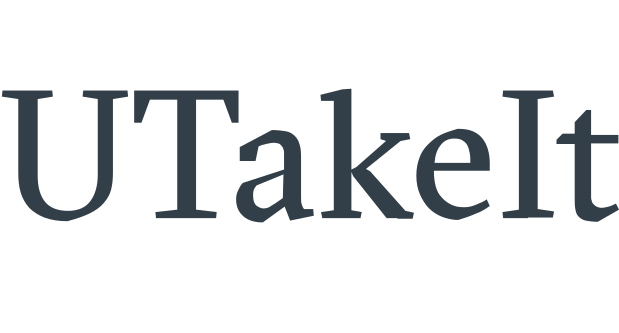
Strategies for Effective and Inclusive CS Teaching (MN CSPD 2023)
Course purpose: support your efforts, as a computer science teacher or related stakeholder, to develop the insight, resources, and skills necessary to move computer science education into the forefront of your school and communities' priorities.
Registration End
July 20, 2023, 11 p.m.
35.00
CPE
hours available
About this Course
This course is provided to you by National Center for Computer Education at The College of St. Scholastica and is led by Alexandra Holter and Andrea Wilson Vazquez.
Registration Deadline: July 20, 2023
Start/End Dates of Training: July 25, 2023 - October 11, 2023
Hybrid (In-Person w/ Virtual Learning Components) Meetings
Tuesday, July 25, 2023 - 9:00am - 4:15pm (in-person)
Wednesday, August 9, 2023 - 1:30pm - 2:30pm (virtual)
Wednesday, August 23, 2023 - 6:00pm - 7:00pm (virtual)
Wednesday, September 20, 2023 - 6:00pm - 7:00pm (virtual)
Wednesday, October 11, 2023 - 6:00pm - 7:00pm (virtual)
The goal of this course is to support more equitable and inclusive classroom environments so that all students, especially those from marginalized communities, build a sense of belonging and identity in computer science (CS). The course aims to provide K-12 teachers with equity-focused professional learning experiences and research-based tools so they are equipped to embrace diversity and focus on equitable access to, participation in, and experiences of CS in their schools and classrooms. The course includes topics such as:
- Inclusive recruitment strategies
- Working with course gatekeepers such as counselors and other teachers
- Examining your own unconscious bias
- Leveraging CS as a tool for addressing social justice
- Culturally responsive pedagogy
- CS for neurodiverse learners
- Intersectionality and its impact on CS identity
- Applying research-based strategies such as pair programming, CS role models, connecting CS to students’ lives, and building a growth mindset specific to CS
Since the content addresses sensitive topics on equity, diversity, and inclusion, the course makes use of a combination of online content and activities, interactive discussion boards, and supplemental live meetings (in person or online) with your own Professional Learning Cohort. This creates opportunities to share thoughts, feedback, and constructive criticism in a format that is most comfortable for you. Further, the course uses "in the field" activities, such as classroom observation and practical implementation, to enhance the learning experience and ensure your ability to apply the concepts and techniques throughout the course. Each participant will complete the course by producing a working action plan as culmination of the learning experience.
This course is ideally suited to a cohort of educators working together with a facilitator to improve their practice. The course can be led by a University of Texas at Austin instructor serving as the facilitator or by individuals who participate in a facilitator training. Facilitator trainings prepare participants to offer the course to their own cohort of teachers (e.g. pre-service teachers, a professional development project, or a school PLC). The trainings have the same time commitment and length as the course for teachers: They last 7 weeks. Each week, participants complete asynchronous prep work in Canvas and attend a 1-hour synchronous session.
This course was developed with funding from Google , NSF ((#1822011), and the Siegel Family Endowment.
Course Goals and Objectives
- Define and explore equity and social justice as they relate to education, teaching, and the K-12 CS classroom.
- Explore the racial, ethnic, gender or socio-economic demographics of CS programs and their impact on student participation, access, and experience.
- Practice techniques for creating an equitable CS classroom through examination of personal identity, beliefs and unconscious biases, as well as curriculum choices, messaging, and outreach to parents and students.
- Learn valuable techniques for leading, participating in, and growing with a community of practice that fosters self-reflection and courageous conversations surrounding CS and its relationship to culture.
This work is supported by the National Science Foundation (NSF) under Grant No.s NSF-CNS-2137834. ECEP is part of the NSFs Broadening Participation in Computing Alliance (NSF BPC-A). Any opinions, findings, and conclusions or recommendations expressed on this website are those of the author(s) and do not necessarily reflect the views of the National Science Foundation.

Personal Enrollment
Free
Enroll and gain immediate access to the course.

